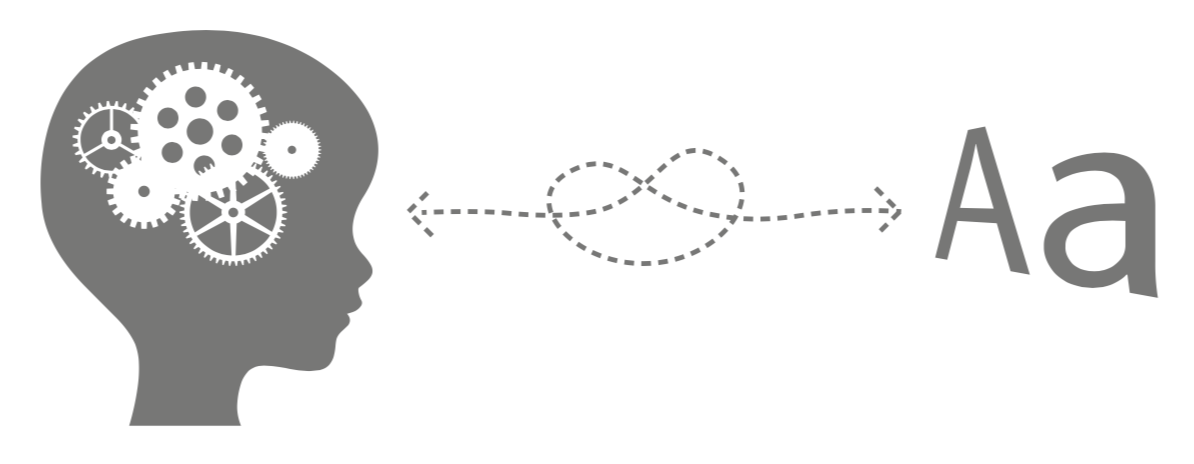Learning disabilities that can affect reading are more prevelant than people think. Becoming aware of the warning signs of learning disabilities and getting children the necessary help early on can be key to a child’s future.
The earlier a learning disability is detected, the better chance a child will have of succeeding in school and in life. Parents are encouraged to understand the warning signs of a learning disability from as early as preschool. The first years in school are especially crucial for a young child.
Dyslexia
Dyslexia is not a disease to have and to be cured of, but a way of thinking and learning. Often it’s a gifted mind waiting to be found and taught.
Girard Sagmiller, “Dyslexia My Life”
WHAT IS DYSLEXIA?
Dyslexia is difficulty in the use and processing of linguistic and symbolic codes, alphabetic letters representing speech sounds or numeric representing numbers or quantities. It can affect spoken language, written language and language comprehension. Dyslexia is the most-common learning disability, affecting nearly 10 percent of the population, despite intelligence, motivation, and education. While not the result of neurological damage, it is the product of neurological development. Dyslexia commonly runs in families and varies from mild to severe. Children don’t outgrow dyslexia, and adults with dyslexia suffer emotionally and financially because of it.

DYSLEXIA’S EFFECTS ON READING
- Very slow progress in acquiring reading skills
- The lack of a strategy to read new words
- Trouble reading unknown (new, unfamiliar) words that must be sounded out; making wild stabs or guesses at reading a word; failure to systematically sound out words
- The inability to read small “function” words such as that, an, in
- Stumbling on reading multi-syllabic words, or the failure to come close to sounding out the full word
- Omitting parts of words when reading; the failure to decode parts within a word,as if someone had chewed a hole in the middle of the word, such as conible for convertible
- A terrific fear of reading out loud; the avoidance of oral reading
- Oral reading filled with substitutions, omissions, and mispronunciations
- Oral reading that is choppy and labored, not smooth or fluent
- Oral reading that lacks inflection and sounds like the reading of a foreign language
- A reliance on context to discern the meaning of what is read
- A better ability to understand words in context than to read isolated single words
- Disproportionately poor performance on multiple-choice tests
- The inability to finish tests on time
- The substitution of words with the same meaning for words in the text he can’t pronounce, such as car for automobile
- Disastrous spelling, with words not resembling true spelling (some spellings may be missed by spell check)
- Trouble reading mathematical word problems
- Reading that is very slow and tiring
- Homework that never seems to end,or with parents often recruited as readers
- Messy handwriting despite what maybe an excellent facility at word processing-nimble fingers
- Extreme difficulty learninga foreign language
- A lack of enjoyment in reading, and the avoidance of reading books or even a sentence
- The avoidance of reading for pleasure, which seems too exhausting
- Reading whose accuracy improves over time, though it continues to lack fluency and is laborious
- Lowered self-esteem, with pain that is not always visible to others
- A history of reading, spelling, and foreign-language problems in family members
Source: The E-book: Everything you need to know about learning disorders
You can buy the entire e-book here.
Use the code icanread to get a discount

